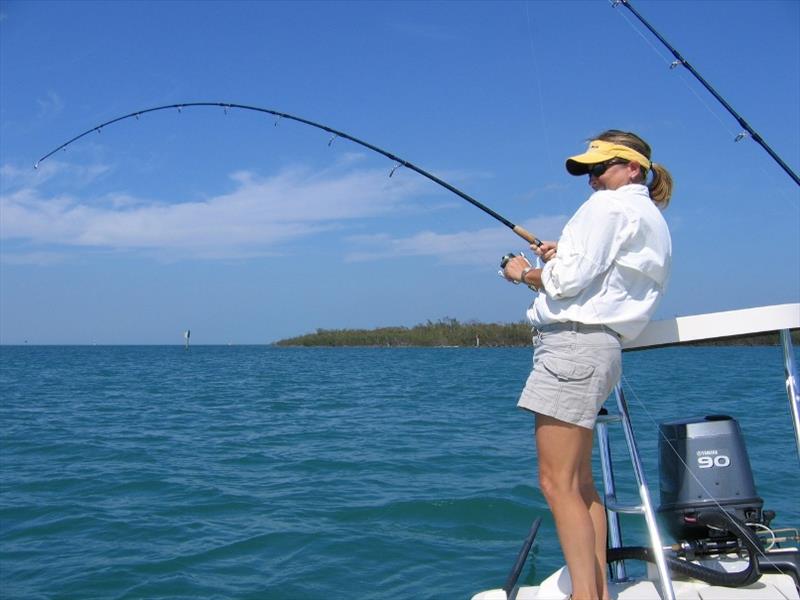
NOAA Fisheries certifies Louisiana Creel Survey Design
by NOAA Fisheries 13 Jan 2018 04:07 UTC

NOAA Fisheries certifies Louisiana Creel Survey Design © NOAA Fisheries
On December 29, 2017, NOAA Fisheries announced the certification of the Louisiana Recreational Creel (LA Creel) survey design.
The Louisiana Department of Wildlife and Fisheries uses LA Creel as an alternative general survey to estimate recreational fishing catch and effort, or number of angler trips. It was designed to allow estimates by state drainage basin that were not currently feasible under the Marine Recreational Information Program, to provide catch estimates for offshore fisheries that are more precise than MRIP general survey estimates, and also to provide preliminary harvest estimates weekly during the fishing season.
Since 2014, the State and NOAA Fisheries, along with outside consultants, have been working collaboratively to develop and refine the LA Creel sampling and estimation methods. Louisiana Department of Wildlife and Fisheries developed the survey design, and MRIP provided technical support for subsequent improvement. MRIP also coordinated the independent peer review of the design.
Now that the designs of the LA Creel surveys have been fully certified, they are eligible for federal funding to support ongoing improvements and implementation. Use of LA Creel catch statistics in stock assessments and management actions, requires their conversion into a "common currency" that makes them comparable to historical MRIP estimates. Implementation of such a conversion requires development of peer-reviewed scientifically valid methods, which is expected to take an additional six months.
LA Creel is one of several Gulf of Mexico surveys that has been developed by the states with technical support from MRIP. Survey designs to supplement MRIP catch and effort estimates for red snapper are currently under review for certification in Alabama and Mississippi. Additionally, Florida has developed a supplemental reef fish survey design that will be peer reviewed in February 2018.
The process of supporting the development and certification of new survey designs demonstrates MRIP's commitment to working with our state and regional partners to meet their unique data needs and advance new methods and technologies. This is critical to improving recreational fishing data collection efforts and ensuring fishing opportunities for future generations. The LA Creel program is intended to implement an approach to address Louisiana-specific needs such as monitoring of harvest by drainage basin, which is critical to understanding fisheries in the rapidly changing coastal landscape of the state.